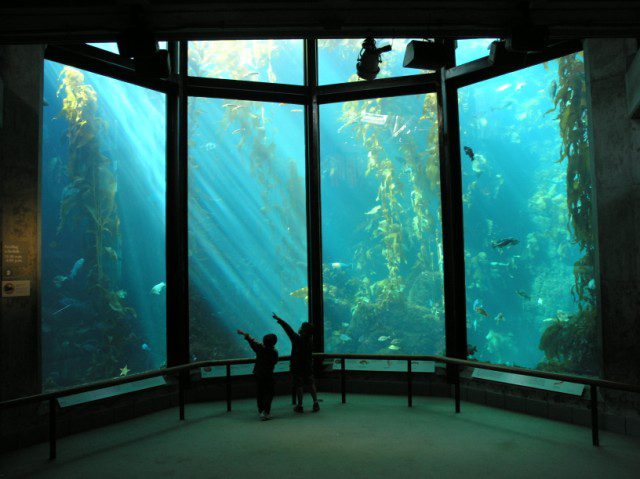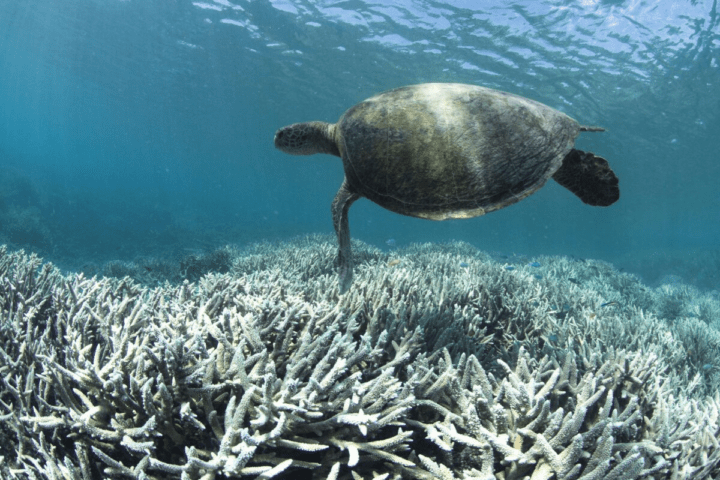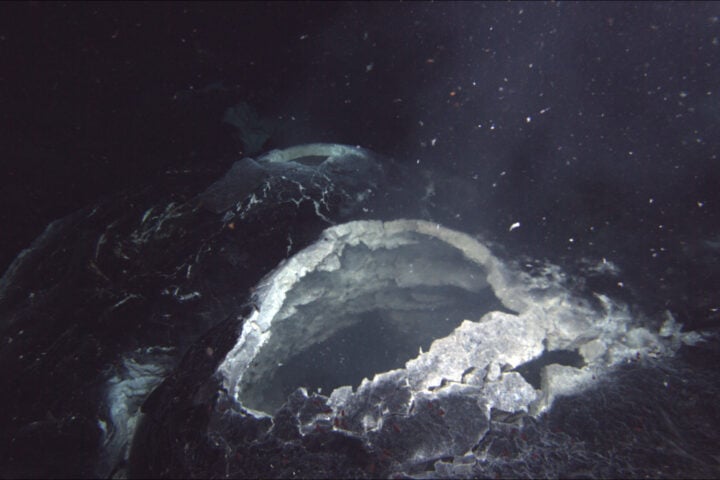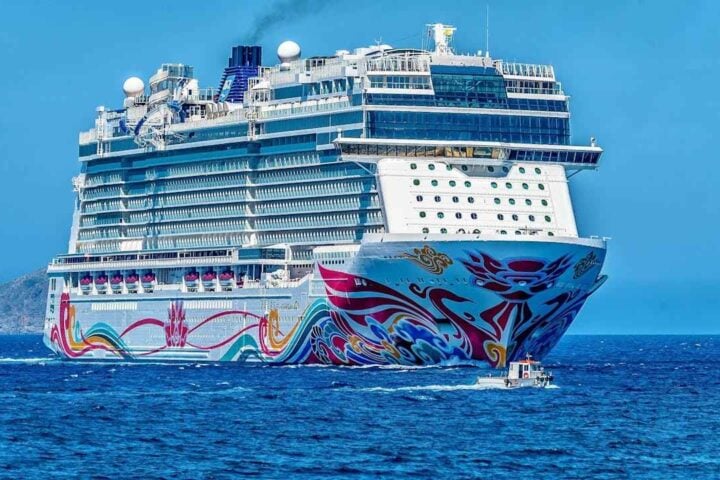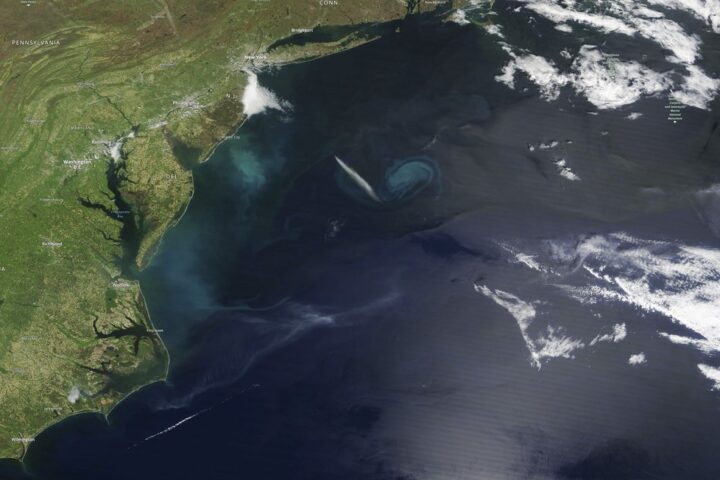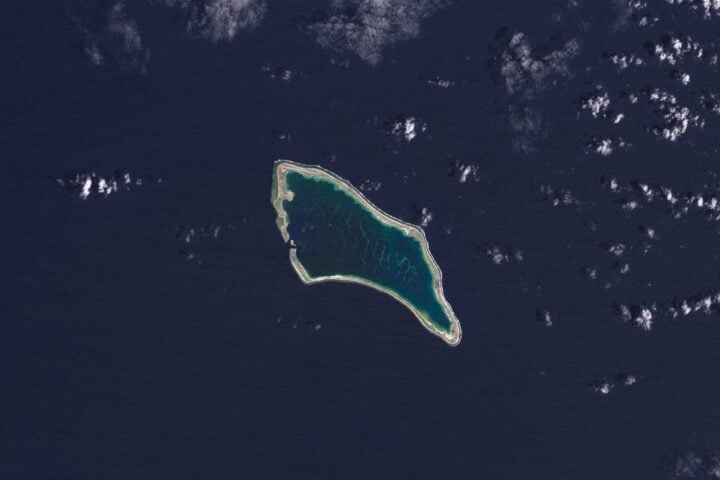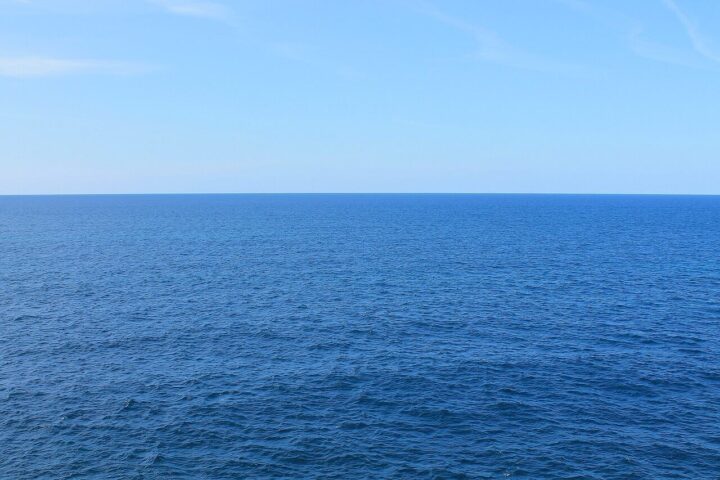The lawsuit alleges that the foundation’s recommendation, which placed the lobster on its “red list” of seafood, falsely portrays lobster fishing as a threat to whales and is false & defamatory. The “red list” distinction caused some stores & restaurants to no longer sell lobster caught in Maine, & the Marine Stewardship Council, another major seafood guide, also suspended the Maine lobster industry’s sustainability certification due to concerns for the whales. The lawsuit is seeking unspecified damages for the value of all business plaintiffs have lost or will lose in the future.
Last year, Seafood Watch, the conservation program, operated by the foundation, put lobster from the U S & Canada on its list of seafood to avoid due to the threat posed to rare whales by entanglement in the fishing gear used to harvest American lobster, the species that make up most of the theUS lobster market. The lawsuit alleges that the recommendations rely on bad science, & that portraying the Maine lobster industry as a threat to whales is false & defamatory. The “red list” distinction caused some stores & restaurants to no longer sell lobster caught in Maine, & the Marine Stewardship Council, another major seafood guide, also suspended the Maine lobster industry’s sustainability certification due to concerns for the whales. The lawsuit is seeking unspecified monetary damages for the value of all business plaintiffs have lost or lost in the future.
The North Atlantic right whales are endangered, & only an estimated 340 are left in the world. The lawsuit argues that lobster fishing is not a threat to the whales,& the lobstermen are responsible stewards of the ocean. About 98 million pounds of lobster were brought to the docks last year, & the lawsuit is arguing that bad science is behind the “red list” classification. The impact of the lawsuit is not only altering the economic consequences for lobstermen & their communities, but it has a devastating effect on the state of Maine. The lawsuit ignores the extensive evidence that these fisheries pose a serious risk to the survival of the endangered North Atlantic right whale, &seeks to curtail the First Amendment rights of a beloved institution that educates the public about the importance of a healthy ocean, says the Monterey Bay AquariumFoundation.
Last year, Seafood Watch, the conservation program, operated by the foundation, put lobster from the U S & Canada on its list of seafood to avoid due to the threat posed to rare whales by entanglement in the fishing gear used to harvest American lobster, the species that make up most of the theUS lobster market. The lawsuit alleges that the recommendations rely on bad science, & that portraying the Maine lobster industry as a threat to whales is false & defamatory. The “red list” distinction caused some stores & restaurants to no longer sell lobster caught in Maine, & the Marine Stewardship Council, another major seafood guide, also suspended the Maine lobster industry’s sustainability certification due to concerns for the whales. The lawsuit is seeking unspecified monetary damages for the value of all business plaintiffs have lost or lost in the future.
- How Can Shopping for Books Online Open Up a World of Possibilities?
- Achieving Cleaner, More Efficient Engines: Sustainable Diesel Performance with Parleys
- Rivian R2 electric SUV completes final validation: $45K, 300+ miles, 656 hp dual-motor AWD
- How Intelligent Software Platforms Drive Efficiency and Risk Mitigation in Last Mile Deliveries
- Avoiding The Debt Spiral
